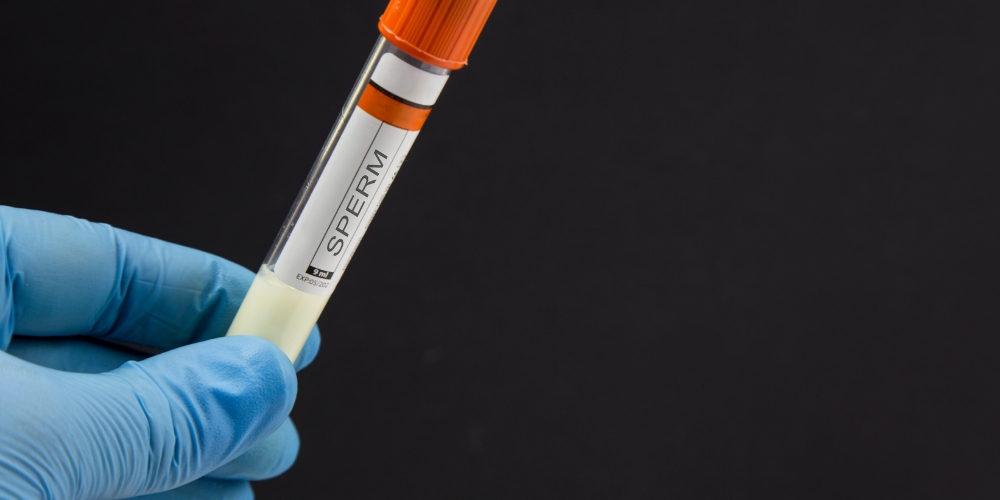
Egg donation process and Success rates
With advancements in In-Vitro Fertilization (IVF), many couples struggling with infertility can now experience the joy of parenthood. Egg donation is a crucial solution for women who have poor egg quality, hormonal imbalances, or age-related fertility issues.
The Egg Donation Process
The donor provides personal details, including name, age, photographs, and medical history.
A donor coordinator interview is conducted, and the donor signs consent forms
The donor undergoes genetic testing to rule out any hereditary disorders.
A psychological assessment ensures mental stability and no history of mental illness
Once approved, the donor takes medications to stimulate egg production.
Regular ultrasounds and blood tests monitor follicle growth
When the eggs are mature, they are retrieved through a minor surgical procedure.
The retrieved eggs are fertilized with the recipient partner’s sperm in a laboratory-controlled environment
The best quality embryo is transferred to the recipient mother’s uterus.
The donor undergoes a post-egg retrieval check-up
Success Rates of Egg Donation
The average success rate of IVF with donor eggs ranges between 55% and 75% per cycle, depending on the clinic’s expertise, donor health, and recipient’s uterine condition.
Younger egg donors (under 30) generally contribute to higher success rates.
At African Fertility, we ensure thorough screening, safe procedures, and high-quality donor eggs to maximize success. Contact us today to explore your options
